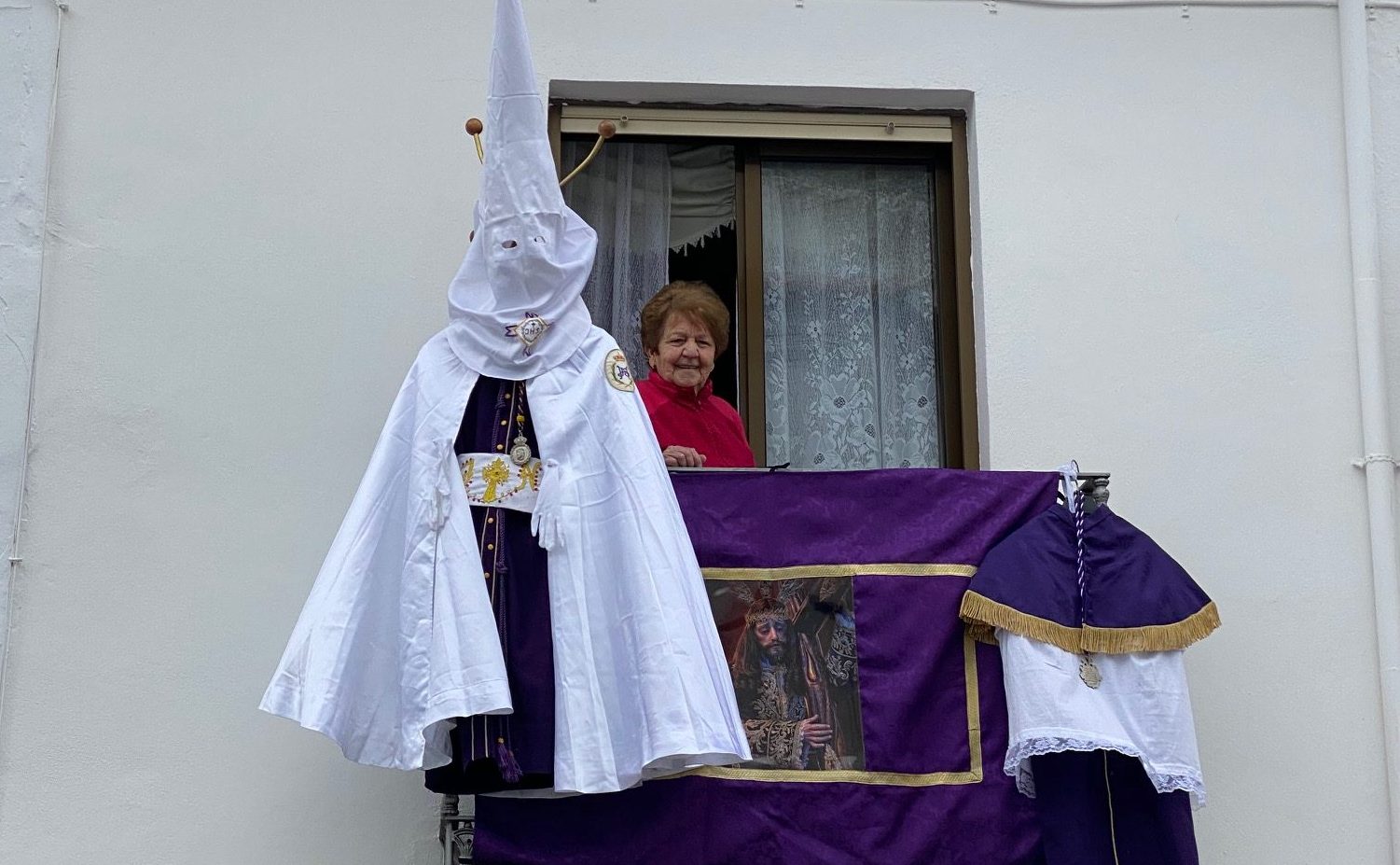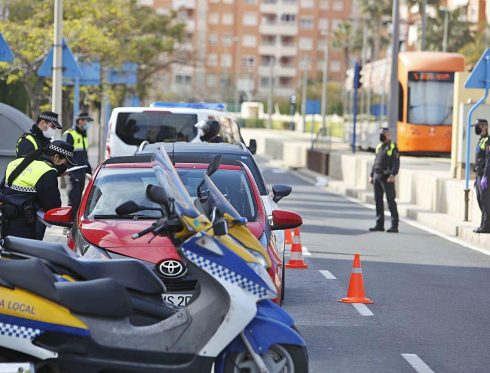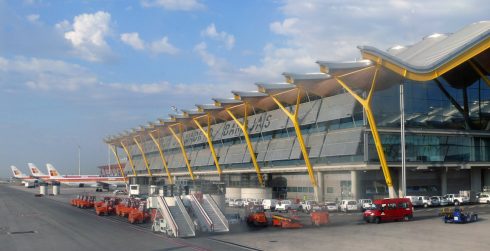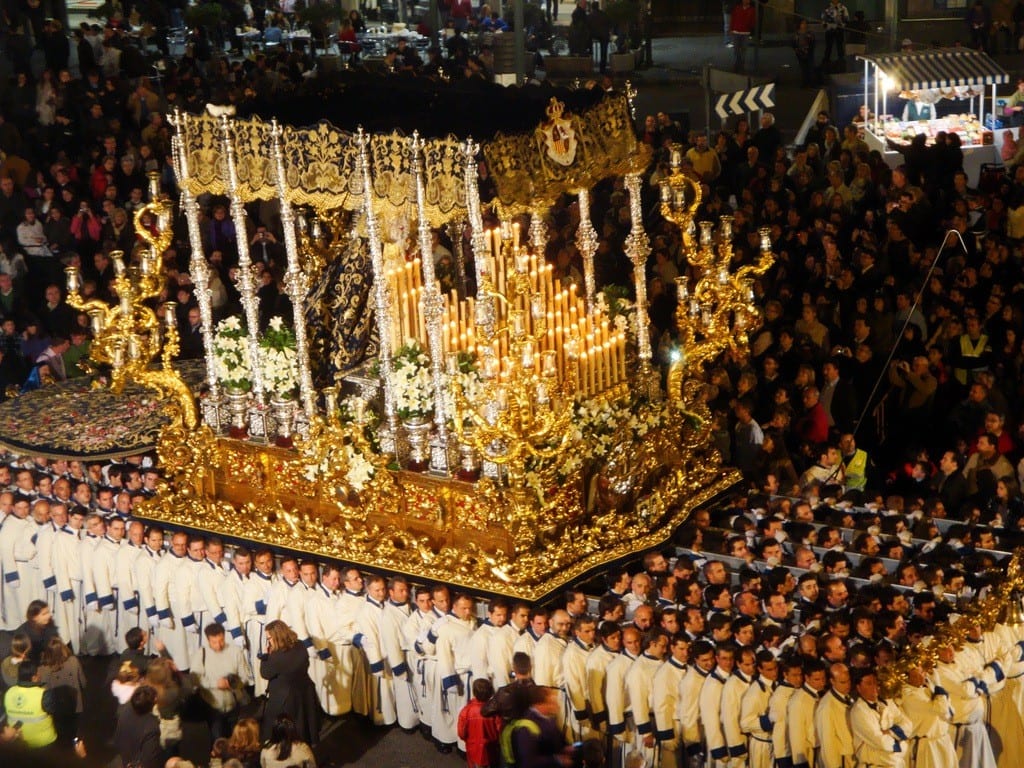
THIS week should have seen the most colourful and dramatic event on Spain’s calendar.
Right now, the streets in cities like Sevilla or Malaga would be filled with religious brotherhoods donning colourful (and sometimes spooky) pointy hats and masks while carrying statues of the Virgin Mary and Jesus.
Their routes would be lined with millions of people dressed to the nines while abuelas and tourists watch from their balconies and dramatic band music is heard from miles around.
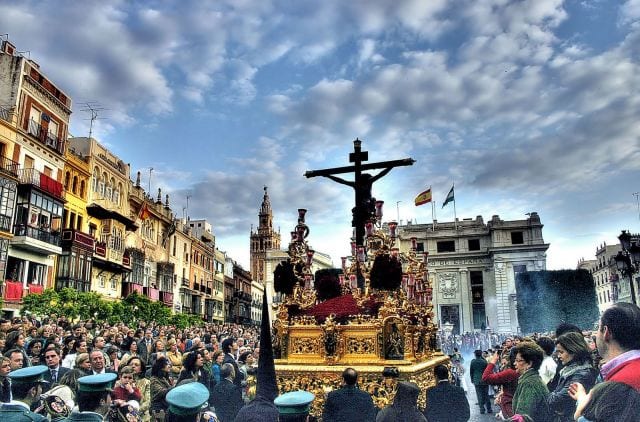
But due to the ongoing COVID-19 pandemic, the centuries’ old event cannot go ahead.
Cities like Sevilla will lose hundreds of millions of euros in tourism revenue, but for locals, it’s the emotional toll that will leave a lasting impact.
Not since 1933 have the Holy Week processions in the Andalucia capital been cancelled, with the emblematic event seen as a fundamental fixture of the city’s identity, even throughout the Spanish Civil War.

But locals and expats have been doing what they can to keep some of the traditions alive amid the nationwide lockdown, which has seen practically everyone confined to their homes since March 15.
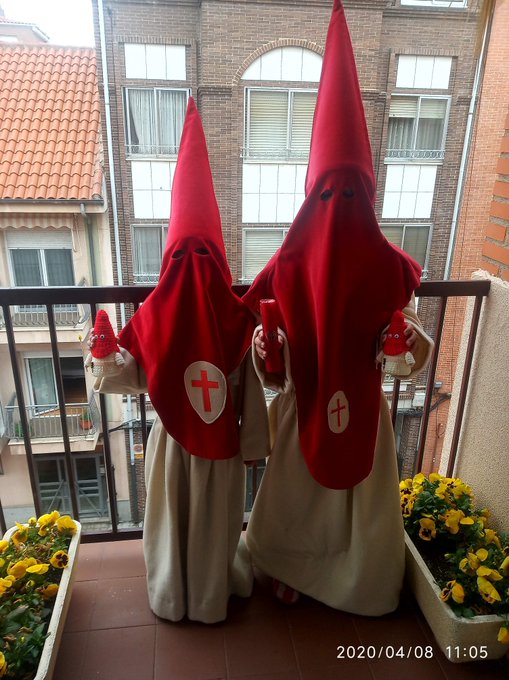
Balconies have become shrines to Semana Santa with life-size figurines donning traditional costumes brightening up the sombre mood.

Flowers and flags drape over railings with families doing what they can to recreate what for them is often the event of the year.

Some towns have encouraged the balcony designs and plan to hold events from within their homes.

Elsewhere, expats have been showing solidarity with their Spanish neighbours by creating flags and signs with messages of support.
British expat Nicola Kennerley encouraged everyone to ‘be strong’ in her town in Murcia.

The town hall there is also asking everyone to decorate their balconies and will be parading a singular float on Easter Sunday.
In Mallorca, Easter tradition sees locals gather at their grandparents’ homes to cook empanadas, or panades in Mallorquin.

But with the lockdown in full force, many families have been left separated and are having to buy the traditional savoury treat from markets while others will attempt to cook them for the first time.

It means the local bakeries or shops which have been allowed to remain open have been preparing extra batches to cope with the demand.

Back in Iznajar, a more fitting procession took place on Wednesday, as health workers and emergency staff recreated some of the route while clapping for their heroic work throughout the crisis.
How are you celebrating Easter in confinement? Got a good picture of similar efforts in your area? Contact newsdesk@theolivepress.es
Click here to read more News from The Olive Press.

